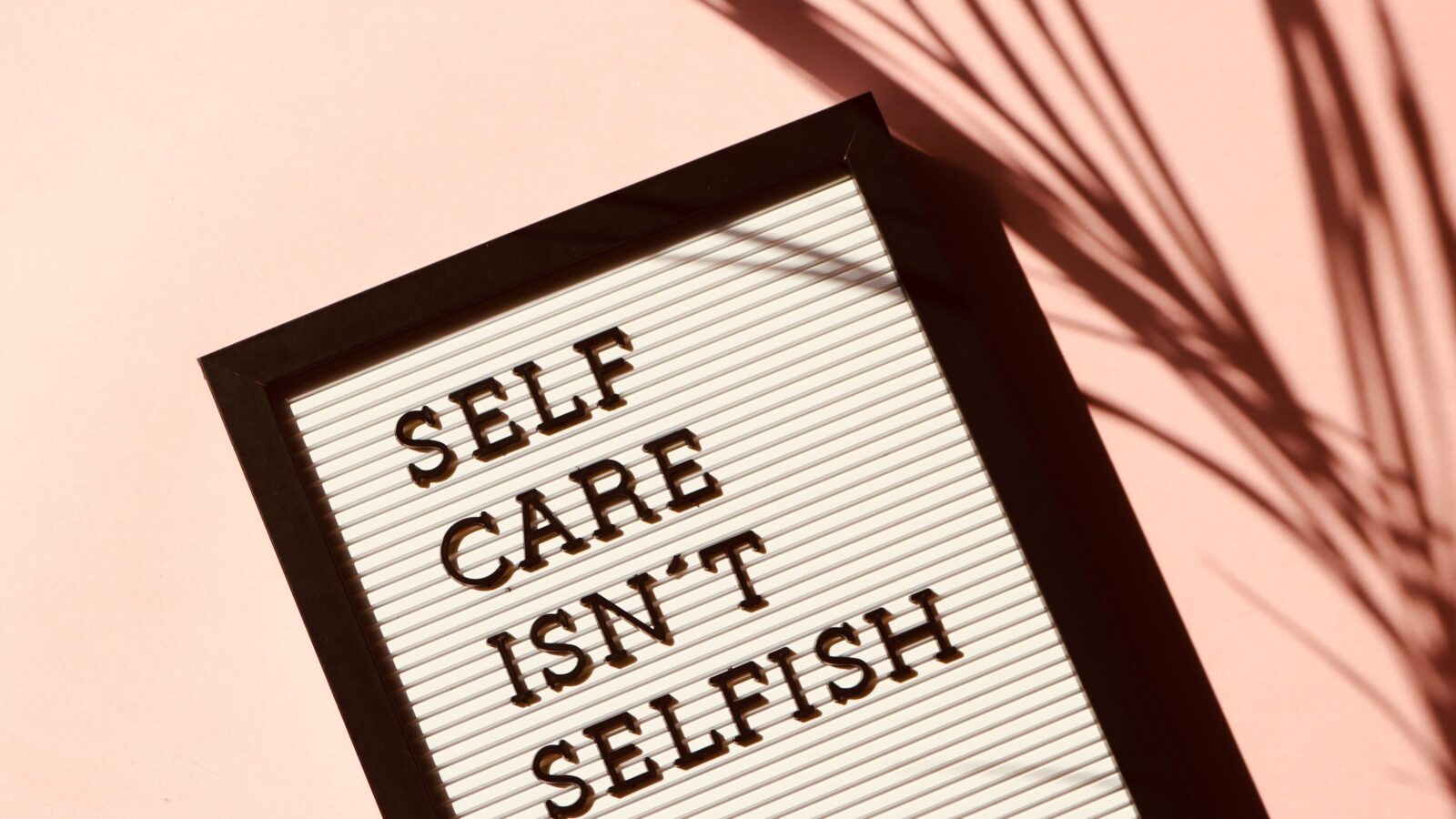Self-care has been a hot topic for years, with many people prioritizing it in their daily lives. Yet, leaders often find it hard to translate the desire for their people to practice self-care into actionable on-the-job practices. If you’re in charge of employees, you don’t have to scratch your head about how to bring wellness to your direct reports. You just have to make a few operational and cultural changes to make certain self-care happens across your team.
Of course, you might be wondering why you should focus on workers’ self-care. That’s a reasonable question because self-care is a decidedly personal concept. The answer is simple: When your workers prioritize their holistic well-being, they can bring their all to work.
You can’t just tell people to suddenly become self-care machines, though. You must implement measures to guide employees toward making more caring choices for their minds, bodies, and spirits. Three best practices are listed below, but feel free to explore what other organizations are doing in this important realm.
1. Encourage everyone to take time off.
Have you ever worked at a company that showered employees with lots of PTO but seemed to treat those who took PTO dismissively? It happens more than you might think. A full 55% of U.S. workers told Zippia they failed to use all their PTO in 2022. And among those who used their PTO, more than 50% said they worked during their vacations anyway.
If this phenomenon sounds familiar, you need to temper it immediately. There are a few ways to promote the use of PTO — and not make it seem scary or irresponsible to do so. The first is to use your own PTO and not check in constantly when you do. Even if you peek at your email and see a crisis brewing, think twice before intervening or canceling your time off. The more seriously you take your PTO, the more seriously your team will.
Next, talk about PTO during one-on-ones with your team. Ask your managers to do likewise. Discussing PTO with employees opens the door for them to understand it’s OK to take time off. Finally, consider implementing flex time before or after high periods of intense work. For instance, if you know your team just went on an overtime grind for two weeks, reward them with flexible time off or scheduling. They’ll come back recharged and feeling less overwhelmed.
2. Offer mental health and other support programs.
Mental health is a huge part of the broader self-care movement. It should be. Almost eight out of 10 professionals surveyed in 2021 by the American Psychological Association had felt work-related stress the month before. Although 2021 was just a year after the pandemic, and you might think stress and burnout are less common now, you can’t afford to assume.
People today are dealing with many burdens, from financial uncertainty caused by inflation to a labor market that may be shifting slowly in favor of employers. Accordingly, your employees might need more mental health support than you realize. Nicole May, EVP of sales and marketing at Sompo Horizon, which provides solutions to promote healthy aging and improve quality of life, agrees that providing team members with stigma-free avenues to care for their mental well-being will do a ton of good for their overall self-care journeys.
“When organizations actively support their employees’ self-care efforts, it fosters lasting loyalty, value, and a sense of care, ultimately leading to greater employee retention and a more content and committed workforce,” May explains. As an expansion of mental health care opportunities, she recommends offering more remote work possibilities and adaptable scheduling to promote better balance. “Many workers find themselves struggling to meet the demands of caring for older family members while also keeping up with their work and self-care. Programs that support working caregivers are an important self-care benefit for employers to provide to their employees, many of whom need help when navigating the complexities of caring for aging family members.”
3. Have conversations about self-care.
The term “self-care” will always mean something different to each person. Some people don’t put much stock in it, while others hold deep beliefs about what it means. You need to open the door to making it OK to bring up self-care in the workplace. This helps it move from the shadows and become an integral day-to-day concept.
Seth Casden, CEO and co-founder of Hologenix, a materials science company dedicated to developing products that amplify human potential, notes that you can do a world of good by just bringing up the topic. Addressing the importance of workplace wellness head-on creates a safe space where employees feel more comfortable sharing their challenges and needs so that leaders can help.
“It is important to know that your employer will be supportive rather than punitive,” Casden says. “People are able to show up as their best when they know that it will be possible and encouraged.” He also advises employers to see the self-care talk as a preventive measure. Rather than waiting until stress has reached the boiling point, his recommendation is to initiate talk about self-care and self-care rituals and ward off foreseeable problems.
When you care for your employees, they can care for themselves and your customers and clients. Instead of hoping your workers are engaged in self-care, make it happen by taking proactive steps. Oh, and take care of yourself, too. You can’t lead effectively if you’re not prioritizing self-care in your own life.


